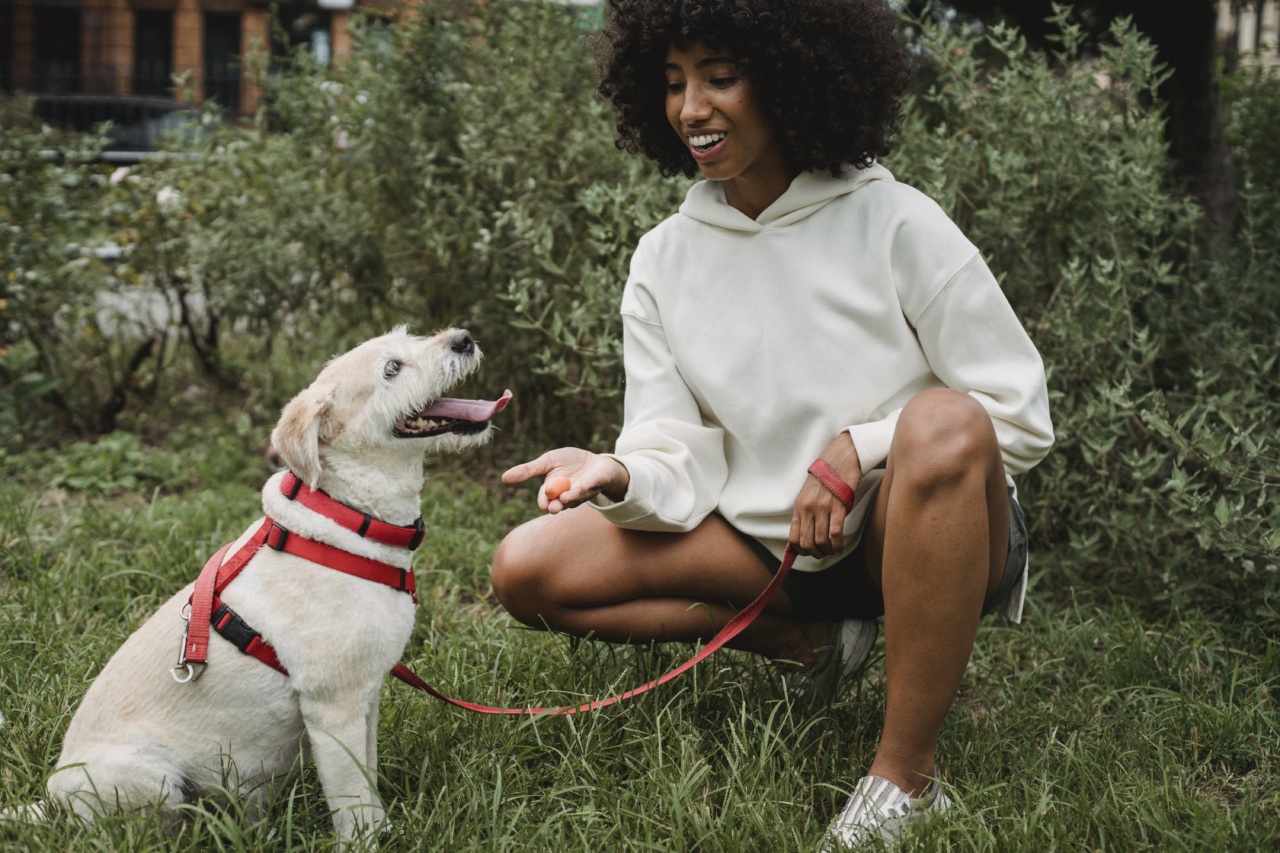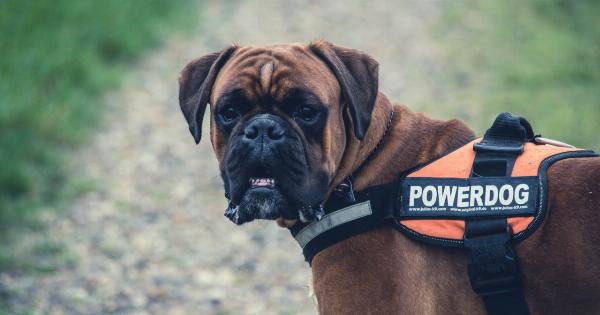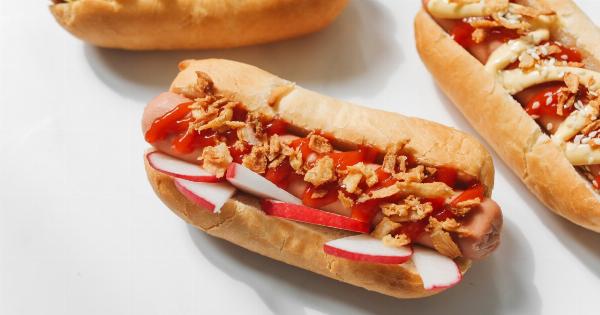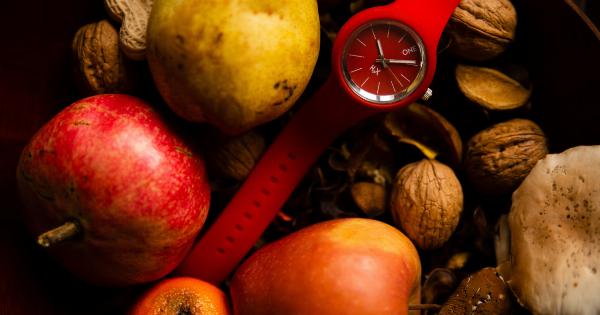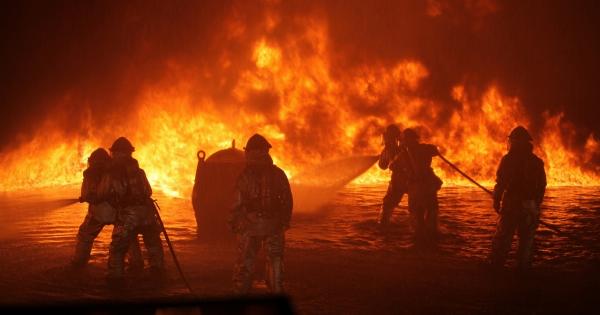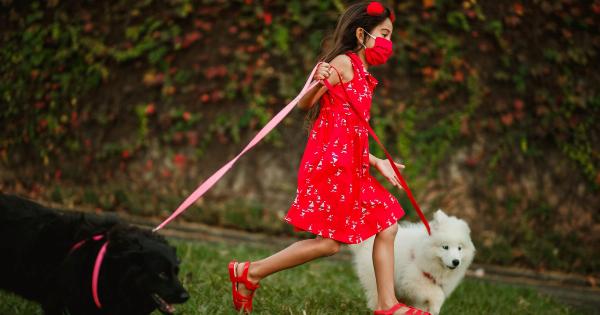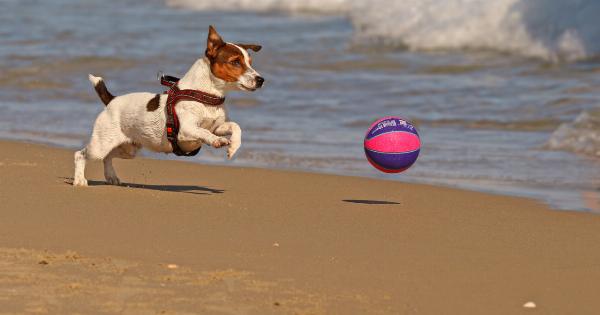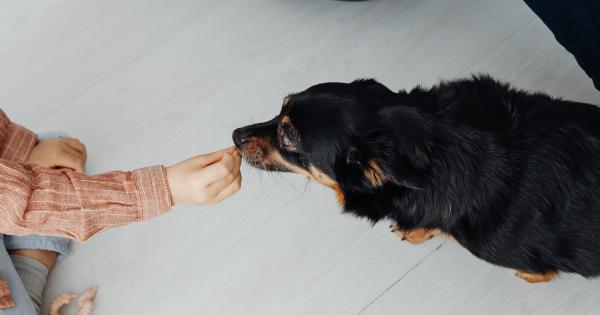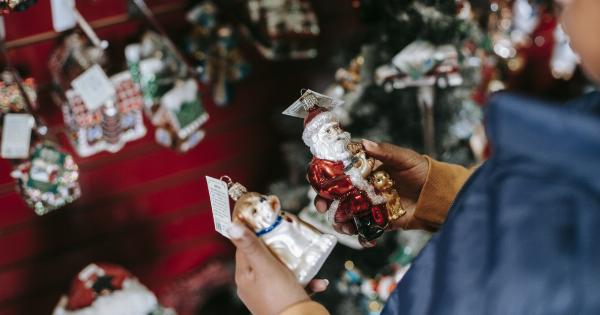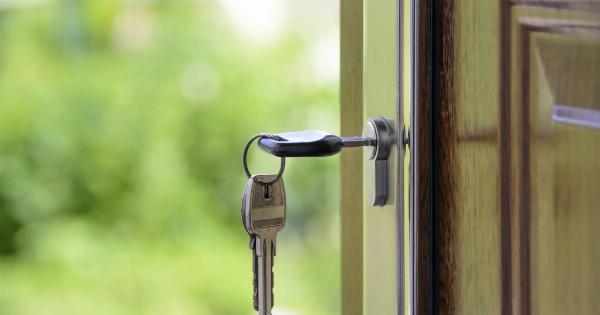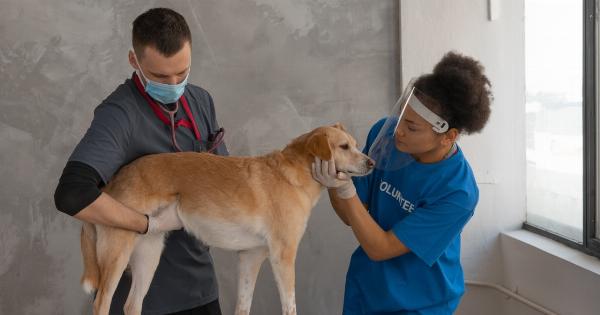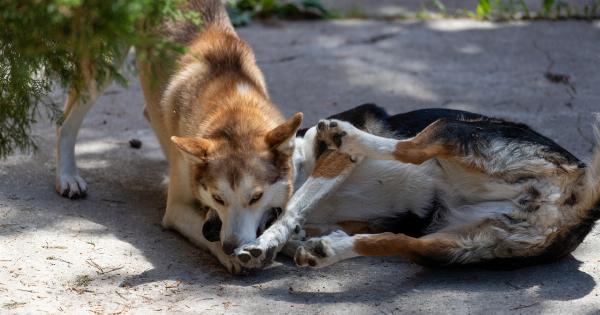Easter is a time to celebrate with family and friends. During this time, there are a lot of tempting treats that we indulge in for our enjoyment.
From chocolates to hot cross buns, there is no shortage of delicious snacks that we can reward ourselves with. But as much as you indulge in these treats, it’s important to keep in mind that some of them are toxic to your furry friend.
If you’re a dog owner, it’s essential to be aware of what you should not feed your dog during the Easter period, as some of these treats can actually be life-threatening. Here’s a list of what not to feed your dog at Easter:.
Chocolate
Chocolate is a staple Easter treat for many people. However, it’s important to note that chocolate is highly toxic to dogs as it contains caffeine and theobromine.
The darker the chocolate, the higher the concentration of these chemicals, making it the most lethal. Even small amounts can cause vomiting, diarrhea, seizures or even death. It’s advisable to avoid giving your dog any form of chocolate, no matter how small the amount.
Hot Cross Buns
Who doesn’t love hot cross buns during Easter time? However, hot cross buns should be kept away from dogs as they contain raisins and currants which can be toxic.
These fruits can cause sudden kidney failure in dogs, leading to symptoms such as lethargy, vomiting, and decreased appetite. If your dog accidentally consumes hot cross buns and shows any of these symptoms, kindly seek medical help immediately.
Candies and Gum
Candies and gums often contain xylitol, an artificial sweetener. This sweetener is highly toxic to dogs as it triggers insulin release, resulting in hypoglycemia (low blood sugar). Xylitol can lead to loss of coordination, seizures, and liver failure.
It’s important to keep all sweets and gums out of reach of your dog.
Alcohol
Alcohol can lead to disastrous effects on dogs, including vomiting, diarrhea, tremors, and respiratory depression. The level of toxicity depends on the amount of alcohol consumed, but there is no safe amount.
It’s essential to keep all alcoholic drinks away from your dog during Easter gatherings.
Cookies and other baked goods
Most cookies and baked goods are sweet and contain artificial sweeteners, raisins or currants, all of which can be toxic to your furry friend.
Although the ingredients may seem harmless, they have the potential to contribute to severe complications such as kidney damage and liver failure in dogs. It’s best not to let your dog have access to any cookies or baked goods.
Macadamia Nuts
The various desserts that contain macadamia nuts are a delicacy during Easter celebrations. However, it is essential to be aware that just a few macadamia nuts can cause severe symptoms in dogs such as depression, hyperthermia, vomiting, and tremors.
It’s advisable to keep all nuts away from your dog to avoid any potential hazards.
Grapes
Grapes are a popular fruit, especially during the Easter period. However, they contain a toxin that can result in kidney failure in dogs when ingested.
As few as a handful of grapes can cause severe symptoms ranging from vomiting, lethargy, diarrhea, and loss of appetite. Make sure to keep grapes away from your furry friend at all times.
Onions, Garlic, and Chives
Onions, garlic, and chives are a common ingredient in dishes prepared during Easter. However, these ingredients are toxic to dogs as they contain a compound called thiosulphate that can damage red blood cells when ingested.
Ingestion of any food containing these ingredients may cause symptoms such as vomiting, diarrhea, stomach upsets and in some cases, anemia. It’s best to prepare meals without these ingredients and keep all dishes containing them out of reach of your furry friend.
Conclusion
The Easter period is a time for indulgence, but it’s important to keep your furry friend’s safety in mind. As much as it’s tempting to share the treats with your dog, we must avoid feeding them food that could be toxic to their health.
Please keep this list of what not to feed your dog during the Easter period in mind. Always consult your vet if you have any concerns or suspect that your dog may have ingested any toxic food.
